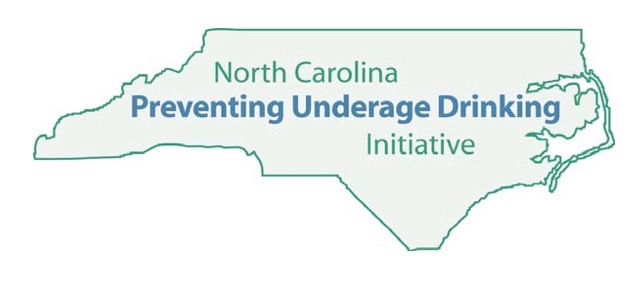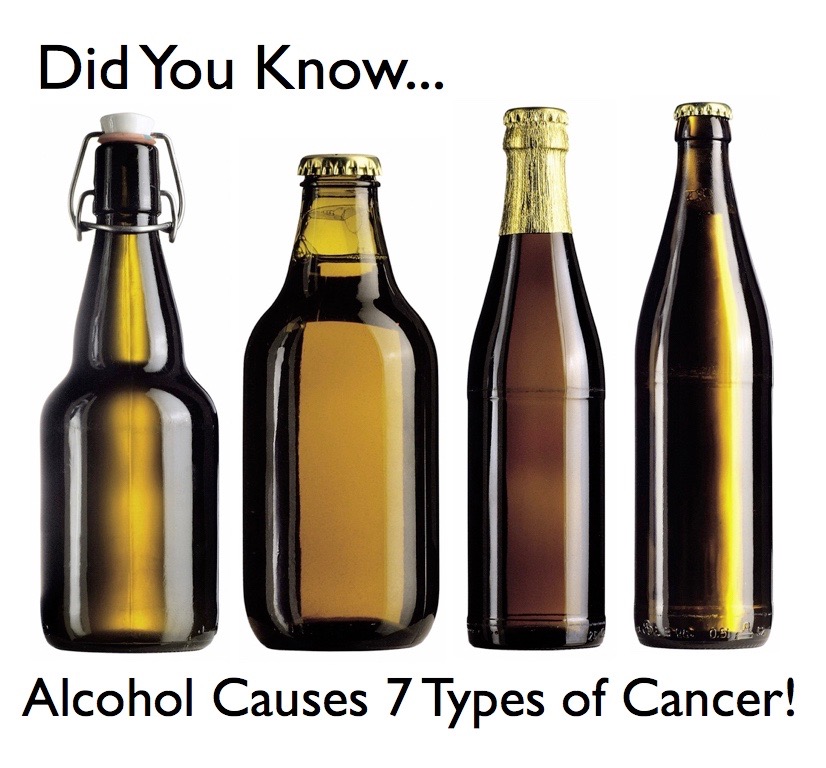UDETC developed a number of publications to assist states and communities in their efforts to enforce underage drinking laws and prevent environmental conditions that contribute to underage drinking. http://www.udetc.org/Publications.htm
Included among them:
Strategic Media Advocacy for Enforcement of Underage Drinking Laws
National Academy of Sciences Institute of Medicine, 2003. To order call the National Academies Press toll-free at 888-624-8373.
To download the full report, go to:
http://www.iom.edu/Reports/2003/Reducing-Underage-Drinking-A-Collective-Responsibility.aspx
http://books.nap.edu/catalog/10729.html
Department of Health and Human Services, Office of the Surgeon General, 2007. http://www.ncbi.nlm.nih.gov/books/NBK44360/
The Center on Alcohol Marketing and Youth. www.camy.org
Final Report of the Task Force on College Drinking, 2002, and “How to Reduce High-Risk College Drinking: Use Proven Strategies, Fill Research Gaps,” Final Report of the Task Force on College Drinking’s Panel on Prevention and Treatment, 2002.
Substance Abuse and Mental Health Services Administration, 2001. For more information contact SAMHSAat 877-773-8546.
Friedner D. Wittman, 1997. Published by the State of California, Department of Alcohol and Drug Programs. Call 916-327-3728 or 800-879-2772 to obtain a copy.
No? Well, you’re not alone.
According to a recent study, only 30% of Americans knew that alcohol use can cause cancer. The damaging effects of drinking can get overlooked in a culture that too often associates alcohol use with a healthy lifestyle. Even though there is a growing body of research that clearly demonstrates the link between alcohol use and at least 7 types of cancer.
This two page information sheet might help answer some of your questions about alcohol and cancer. Including…
- Does alcohol use really cause cancer?
- A couple of drinks won’t increase my risk, right?
- Is alcohol as important as other cancer risk factors?
- Does the type of alcohol I drink matter?
- How exactly does alcohol cause cancer?
- Is red wine really good for my heart?
- What can I do to decrease my cancer risk?
- What is a “standard” drink?
- If I stop drinking, will my cancer risk return to that of a non-drinker?
- What can I do to decrease alcohol-related cancers in my community?
Download the FAQ Sheet
Also available in Spanish.
Research indicates that alcohol damages developing brains…
- Alcohol and the Adolescent Brain – A publication from the National Institute on Alcohol Abuse and Alcoholism states that “alcohol consumption during this developmental period may have profound effects on brain structure and function”.
-
Adolescent Brain Development and Underage Drinking in the United States: Identifying Risks of Alcohol Use in College Populations – This review highlights neurobiological evidence indicating the vulnerabilities of the emerging adult brain to alcohol effects.
James F. Mosher and Bob Reynolds, 1999. Prepared by the Pacific Institute for Research and Evaluation (PIRE) in support of the federal Office of Juvenile Justice and Delinquency Prevention’s Enforcing Underage Drinking Laws Program. Call PIRE at 301-755-2700.
James F. Mosher, David H. Jernigan and Robert W. Denniston, 1998. Prepared through the National Center for the Advancement of Prevention. Available from the Marin Institute at 415-456-5692.(http://www.marininstitute.org/)
(Three-Part Series: Practitioners’ Guide, Parent and Community Guide, and Reference Guide). Published by the federal Center for Substance Abuse Prevention (CSAP). Call the National Clearinghouse for Alcohol and Drug Information toll-free at 800-729-6686.
Prevention Research Center, 2004. http://resources.prev.org/documents/resource_pub_pud.pdf
Pacific Institute for Research and Evaluation, 2000. Available at , or by calling PIRE toll-free at 877-335-1287.

